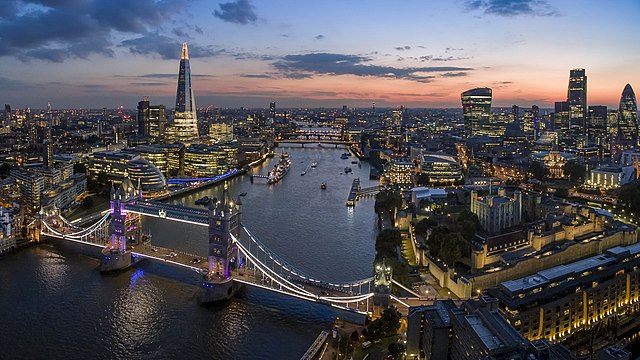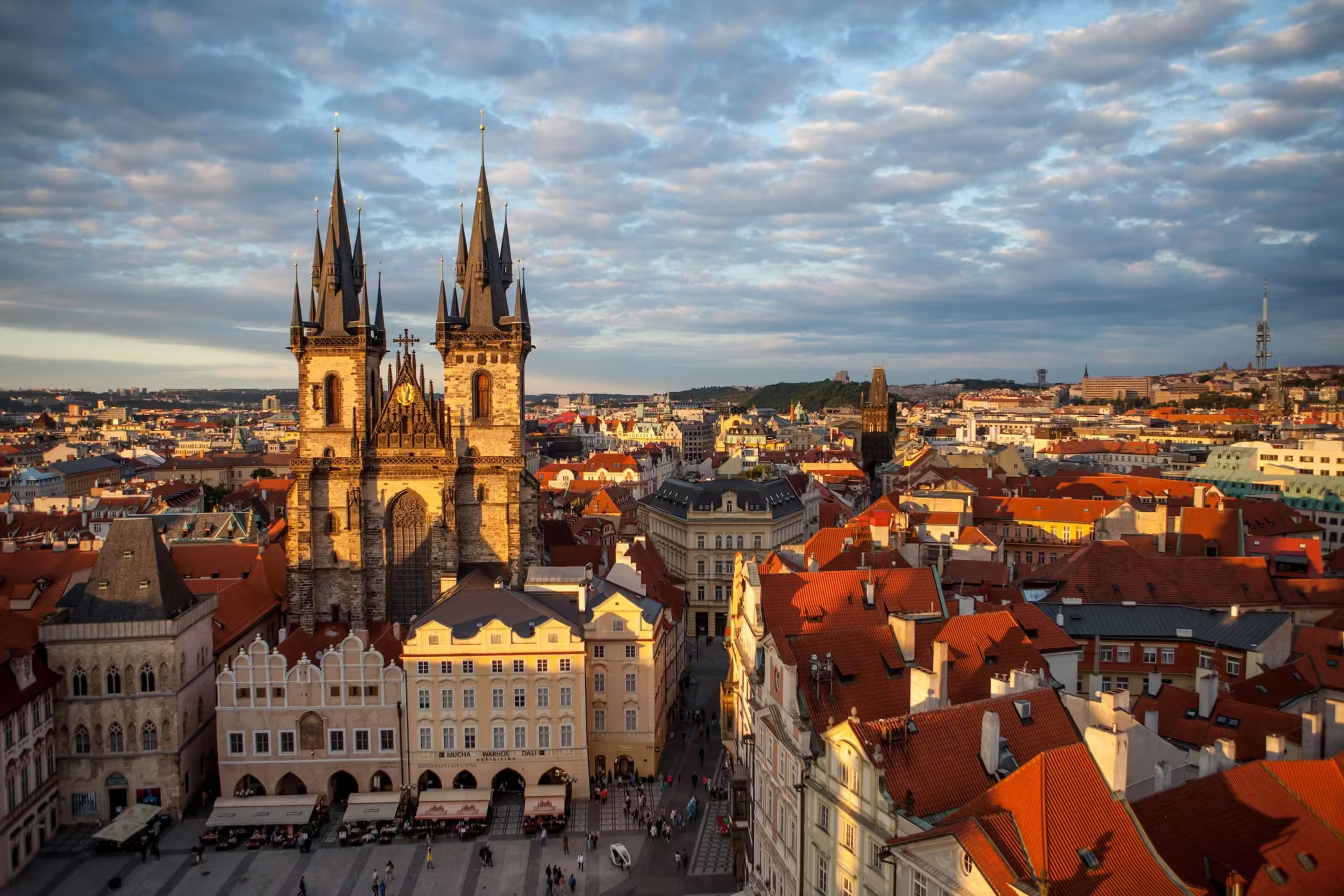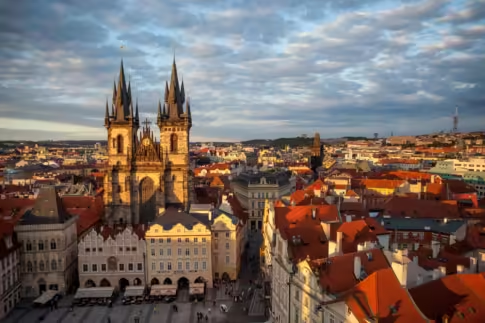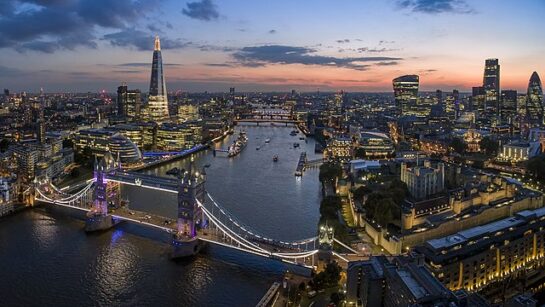 London, the capital city of England and the United Kingdom, is one of the most culturally diverse and vibrant cities in the world. Here’s a brief overview:
London, the capital city of England and the United Kingdom, is one of the most culturally diverse and vibrant cities in the world. Here’s a brief overview:
History: London’s history dates back to Roman times when it was founded as Londinium. Over the centuries, it grew into a significant trading hub and eventually became the capital of the British Empire. The city has played a crucial role in global politics, commerce, and culture for centuries.
Culture and Arts: London is home to a wealth of cultural institutions, including world-class museums like the British Museum, the Tate Modern, and the National Gallery. It also boasts numerous theaters, music venues, and art galleries, making it a hub for the arts.
Landmarks: Iconic landmarks such as the Tower of London, Buckingham Palace, the Houses of Parliament (with Big Ben), and the London Eye draw millions of visitors each year. The city’s skyline is dotted with historic and modern architectural marvels.
Multiculturalism: London is one of the most diverse cities globally, with a rich tapestry of cultures, languages, and cuisines. Its diverse population contributes to its dynamic atmosphere and vibrant food scene.
Finance and Business: As a global financial center, London is home to the London Stock Exchange and many multinational corporations’ headquarters. The City of London, often referred to as the “Square Mile,” is the historic and financial heart of the city.
Transportation: London has an extensive public transportation system, including the famous red double-decker buses, the London Underground (Tube), and suburban rail networks. Heathrow Airport, one of the busiest airports in the world, connects London to destinations worldwide.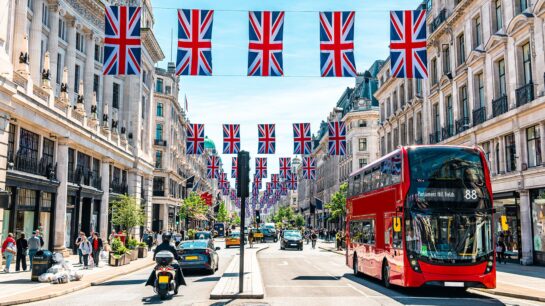
Green Spaces: Despite being a bustling metropolis, London offers numerous green spaces and parks, such as Hyde Park, Regent’s Park, and Hampstead Heath, providing residents and visitors with opportunities for relaxation and recreation.
Education: London is home to several prestigious universities, including Imperial College London, University College London (UCL), and the London School of Economics and Political Science (LSE), attracting students from around the globe.
Overall, London’s rich history, cultural diversity, and economic significance make it a truly iconic city with something to offer for everyone.

